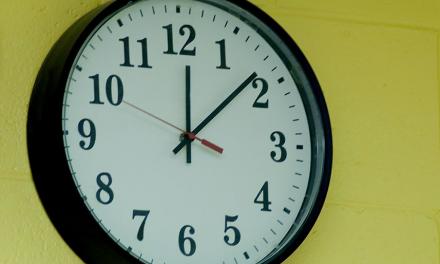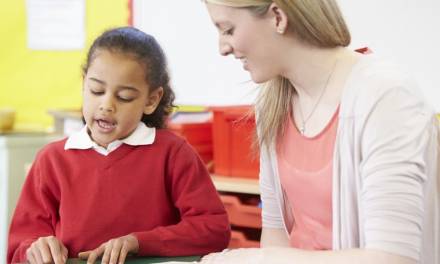From arriving at school on time to handing in homework when required, pupil time management is a key factor in their time spent at school. Getting ready for PE, changing back into their uniform for following lessons and arriving for school trips in a timely manner are all examples of how the time management of pupils is tested each day.
Children of all ages are easily distracted and combined with any thoughts of not wanting to be in a particular place at a particular time can quickly lead to lesson disruption and pupil and teacher frustration.
The way to combat this is to engender in pupils the importance of good time management both whilst at school and for life ahead, there are a number of ways to promote this life skill in a way which will capture their interest and bring home the message that being on time is necessary.
Using a reward system is the best way to encourage bad habits to slowly change and so the introduction of a scheme where arriving at school when they should, handing in projects on time will build up a number of points or merits which can be exchanged at the end of term for educationally-related ‘treats’ will really help instil better skills. These could perhaps be vouchers for their Kindle or a visit to a local sports facility or perhaps being able to take part in workshops in areas they are interested in such as attending craft workshops.
There are a number of ways to instil good timekeeping and amongst these are lessons on reminder setting, day planners, how to set up a revision timetable and backwards planning. These can be embedded into a number of subjects and activities such as planning day trips, interview techniques and general life skills such as the use of public transport timetables.
Reminder setting
Learning how to set up reminders is a great activity for any lessons when using a computer. Most pupils will have an email account and these all have interactive calendars. A session about setting up the timetable for events such as birthdays, dates when going on holiday with the family or when important school work is due to be handed in will help go some way to introducing forward planning.
Day planners
The timetable is the core day planner for any pupil and at the beginning of the year; this is the perfect time to base time management activities around the introduction and familiarisation with their timetable for the coming year.
Revision timetables
If a pupil doesn’t know how to manage their time and workload in the lead time before an exam then they won’t realise the importance of breaking the task into bite-sized chunks, tips on how to remember the topics or how to look after their well-being such as getting enough sleep. Cramming is never the solution, so sessions based around revision timetables will help put the first steps in place for the students when they have important tests ahead.
Backwards planning
This is a great activity to link with Food Technology. Starting with a 3 course meal being placed on the table at a set time, the class need to work out exactly what time to carry out each stage of the preparation in reverse; when to put the carrots on to cook, what time to put the oven on or how long they need to thaw the meat the night before.










